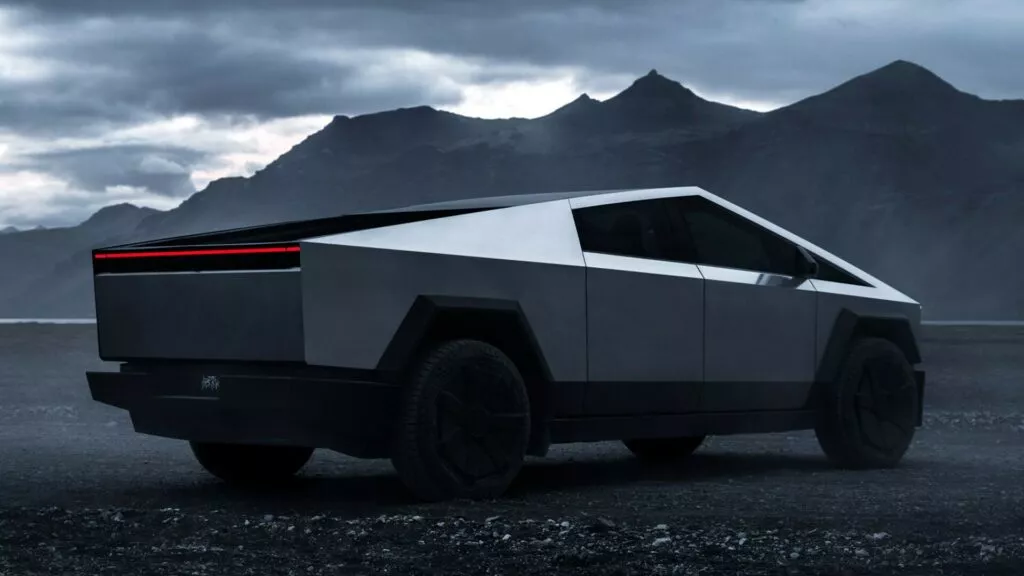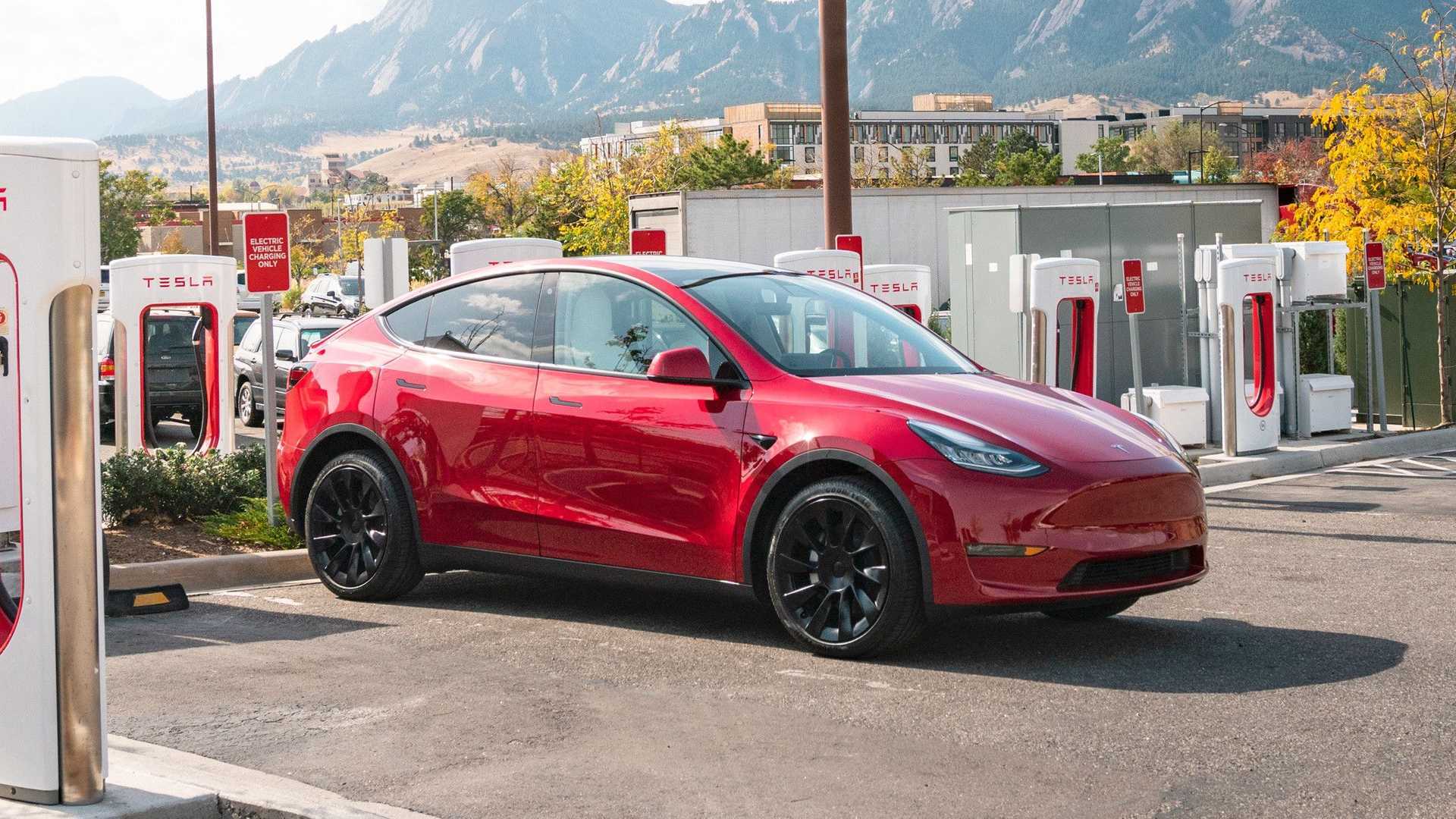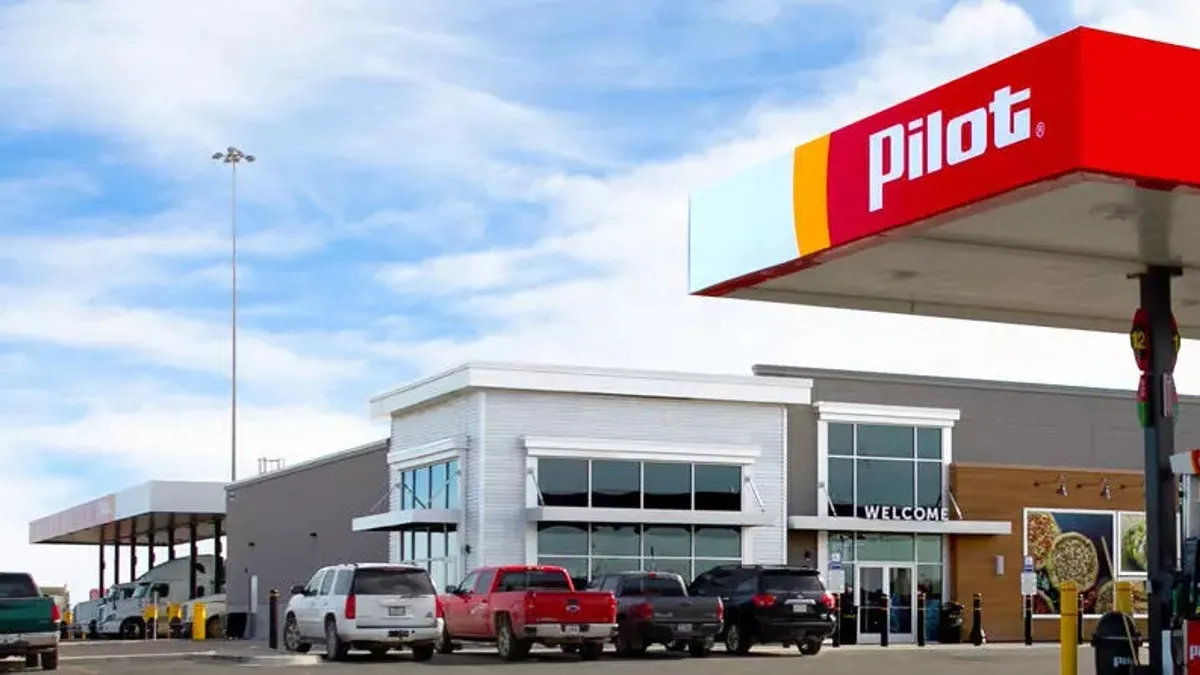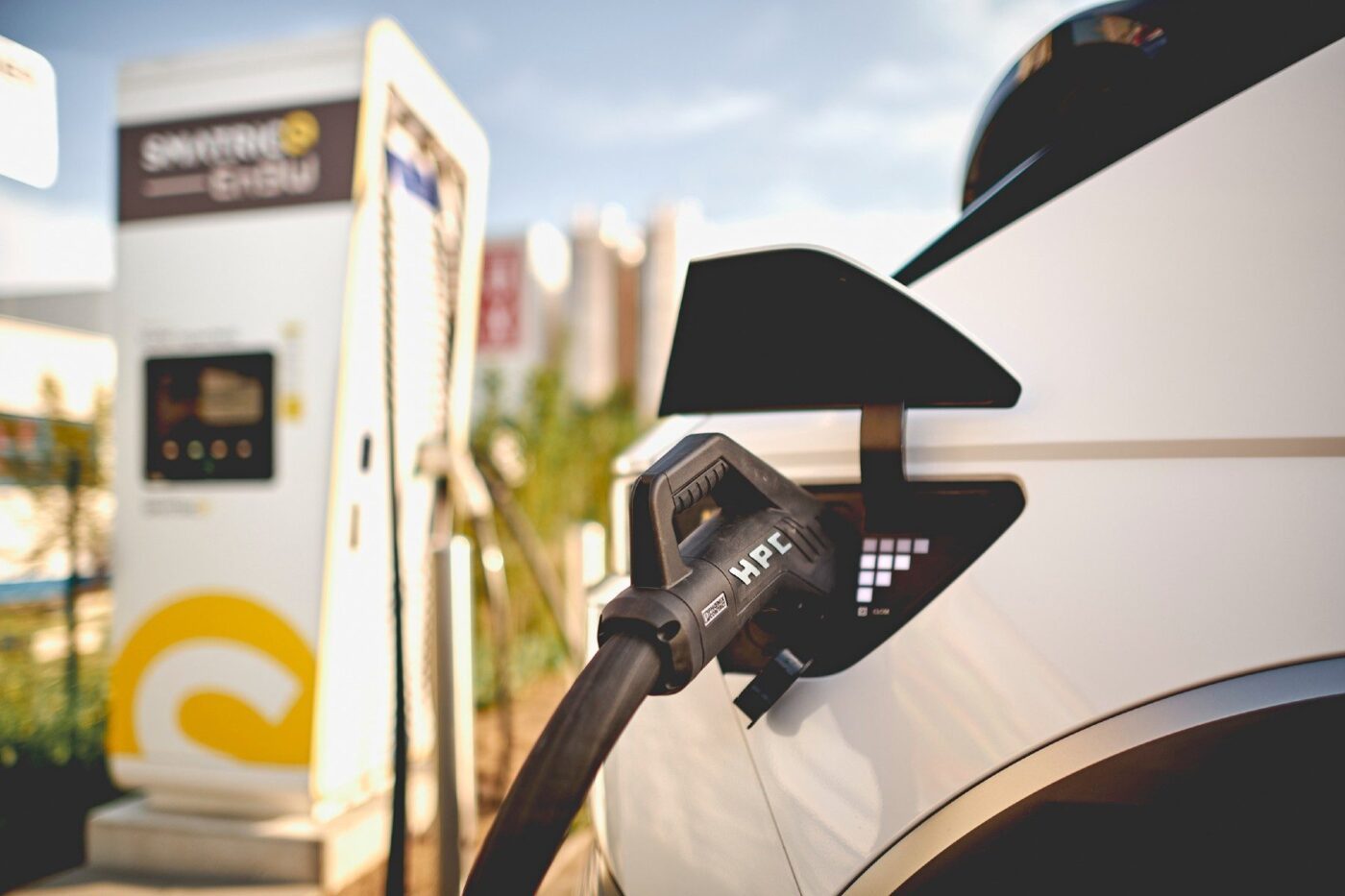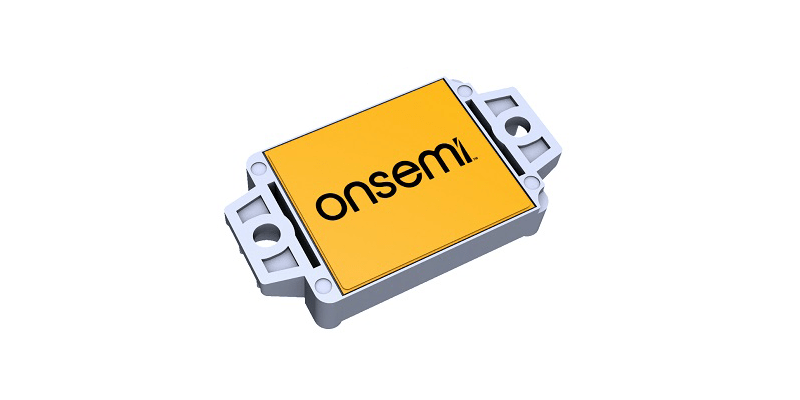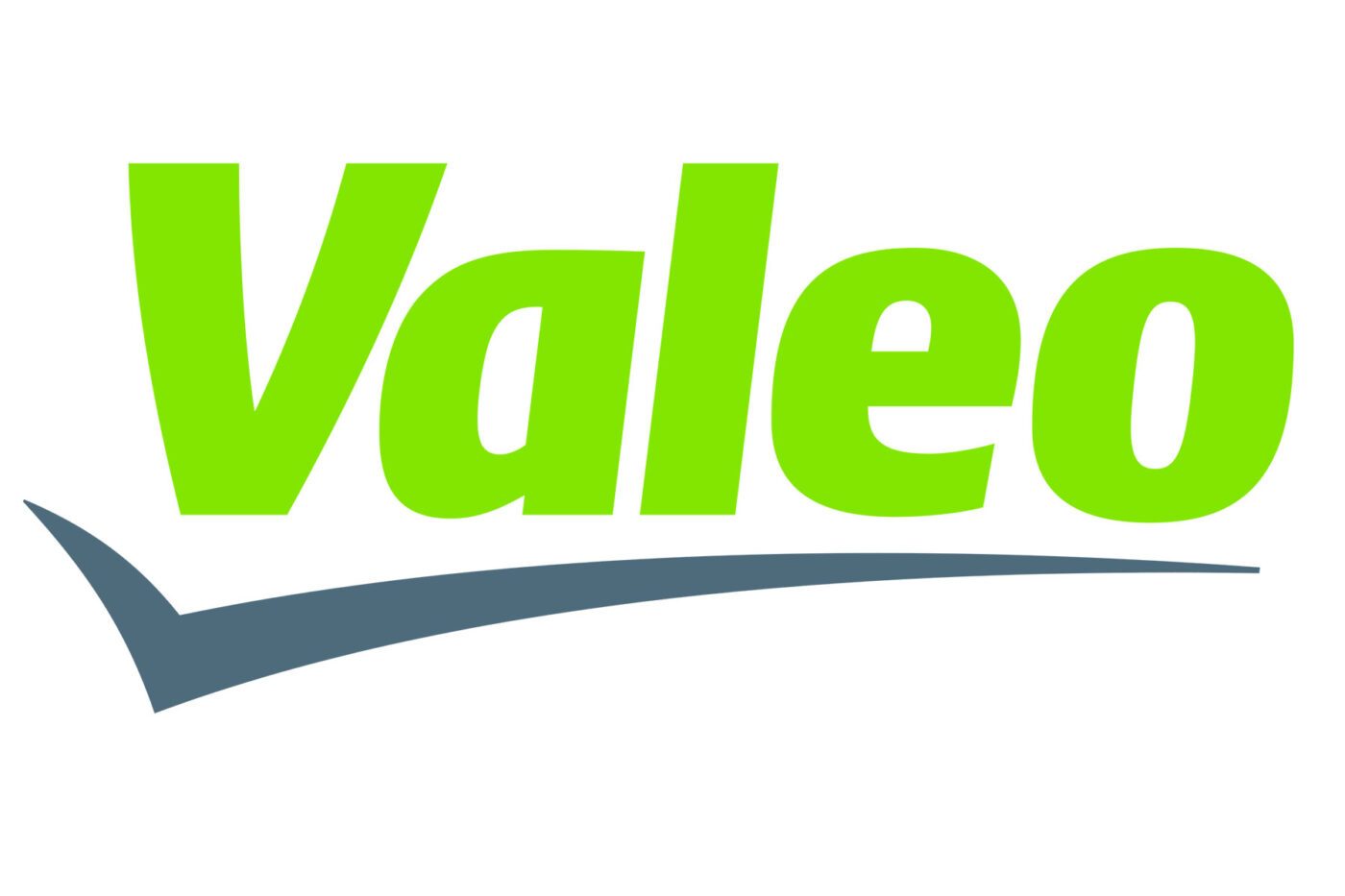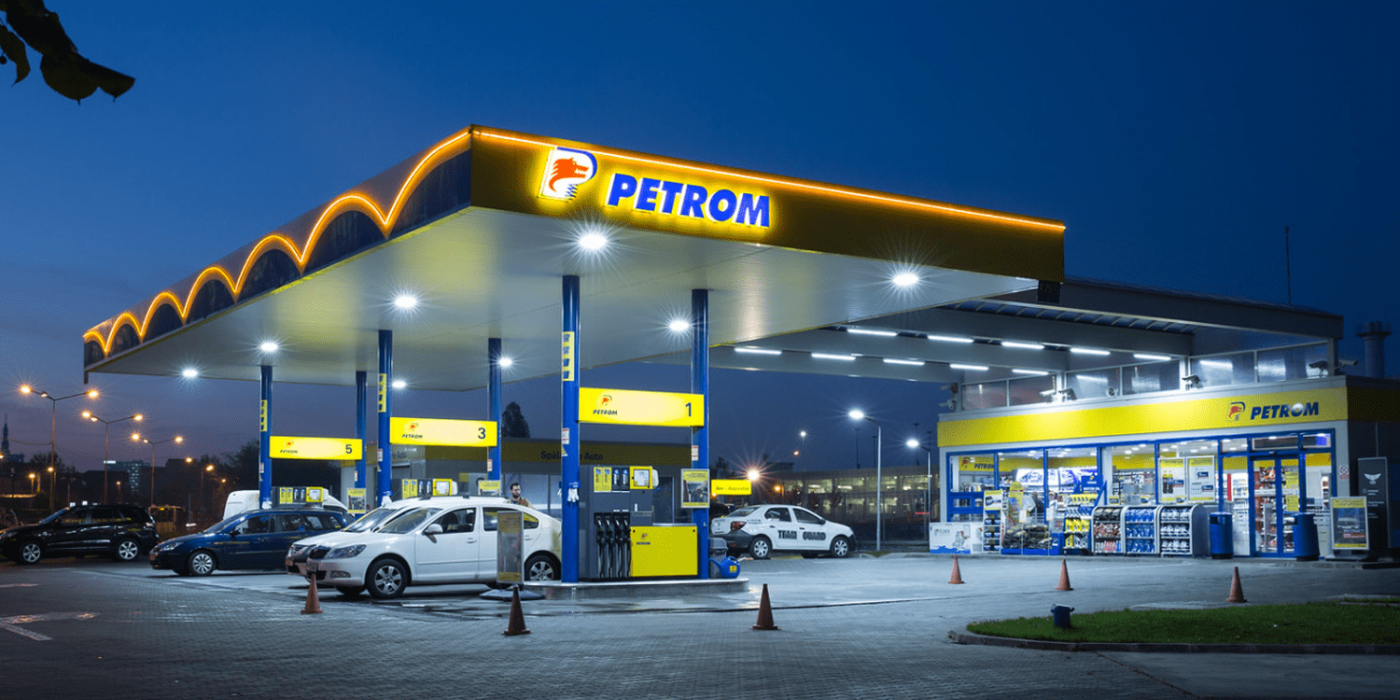Recent findings from Tesla Cybertruck owners have brought attention to a potential hurdle in the electric pickup’s charging compatibility. Enthusiast and reviewer Kyle Conner from Out of Spec Reviews discovered that the Cybertruck seems to physically reject a CCS Combo 1 charging connector, a standard commonly used by electric vehicles (EVs) in the United States.
According to Conner, the bulky CCS1 to NACS (Tesla’s charging port) adapter does not fit in the Cybertruck’s charging port due to the plastic wheel arch obstructing its full insertion. While removing the plastic wheel arch allows the adapter to fit, it raises concerns about the impact on the vehicle’s aesthetics and overall completeness.
See also: Online Sleuths Uncover Intriguing Details about Cybertruck’s New ‘Tactical Grey’ Interior Option
CCS adapter doesn’t interface with the Cybertruck due to the plastic wheel arches.
We ripped those suckers off and plugged it in
Wasn’t able to charge at a high voltage charger but it’s possible a low voltage one could work, but then what’s the point?
Still more testing to… pic.twitter.com/ExmFNNO7Ms
— Kyle Conner (@itskyleconner) January 3, 2024
Despite the adapter fitting when the plastic wheel arch is removed, the Cybertruck reportedly refused to recharge from a native CCS1 high-voltage DC stall from EVGo. Conner speculates that the Cybertruck might be more willing to accept a charge from a low-voltage charger, such as a Level 2 unit for home charging. However, this limitation could be a significant concern for Cybertruck owners seeking flexibility in charging options.
This discovery has broader implications as the Cybertruck represents Tesla’s most advanced passenger vehicle, featuring an 800-volt architecture that could potentially influence future models. The refusal to charge from a CCS source raises questions about compatibility with charging infrastructure and may impact subsequent Tesla models that share similar technology.
See also: Tesla Cybertruck Demonstrates Off-Road Prowess in Steep Hill Climb in Latest Video
The context of this issue stems from recent agreements between legacy automakers like Ford and General Motors, who signed deals with Tesla to access the Supercharger network. As part of these agreements, vehicles made from 2025 onwards will come equipped with Tesla’s NACS port. However, until the industry-wide transition, non-Tesla EVs in the United States will continue to feature CCS1 connectors.

